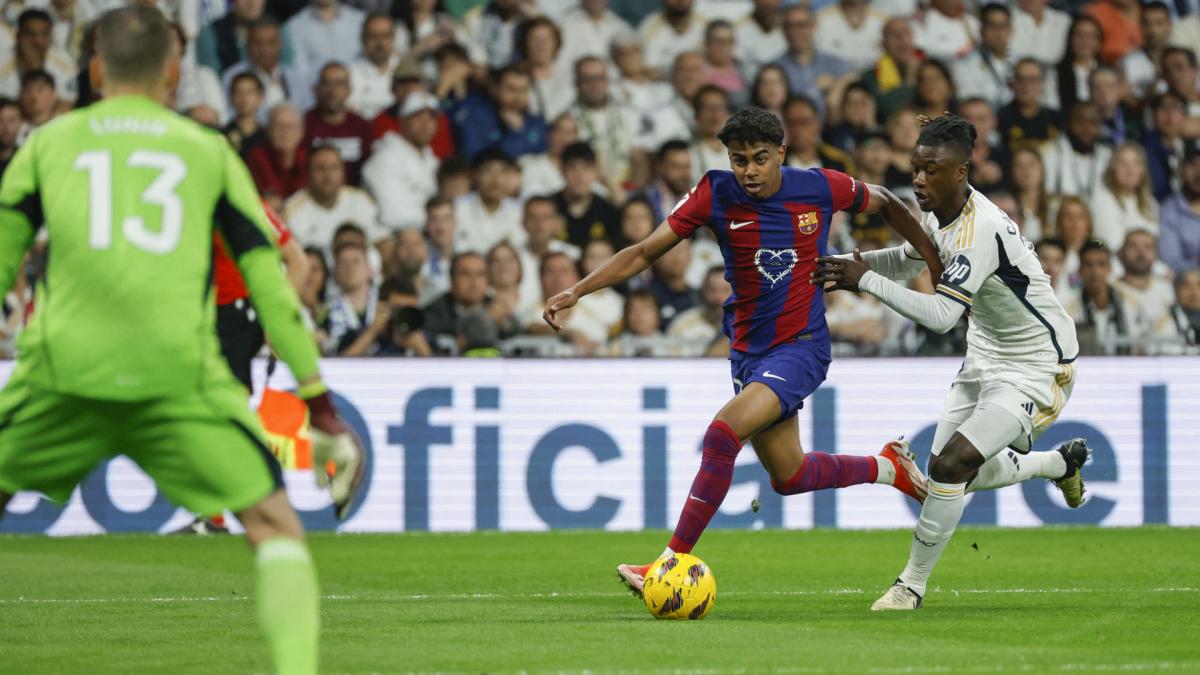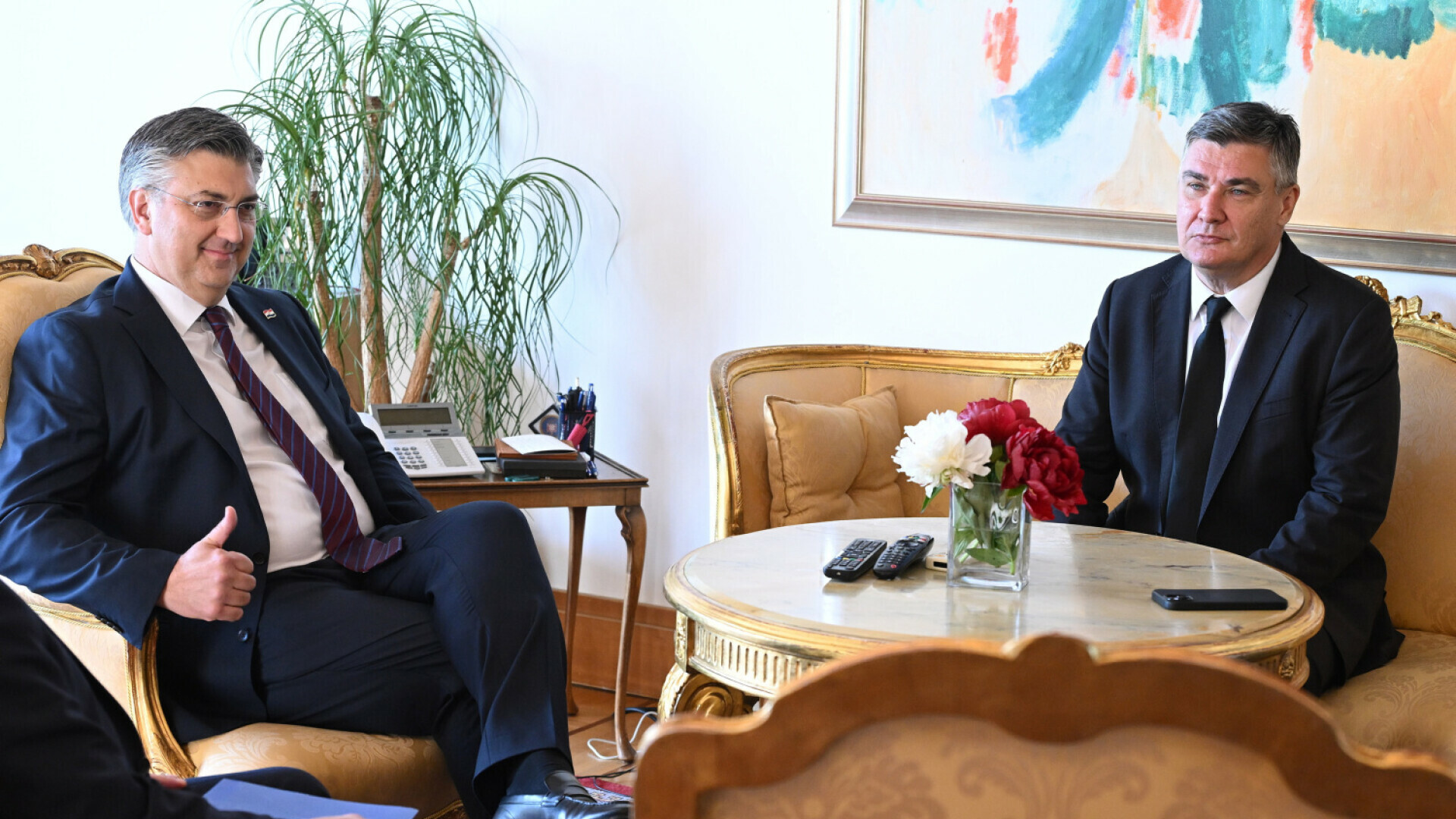Intervention and Oversight: The Spanish Government's Response to Football Federation Crises
In a bold move to secure integrity in Spanish soccer, the government takes control amid a series of high-profile scandals and potential FIFA repercussions.
Published April 26, 2024 - 00:04am

Image recovered from footmercato.net
The Spanish Government has decisively stepped in to oversee and stabilize the Real Federación Española de Fútbol (RFEF) amidst a flurry of scandals and controversies. This intervention, sanctioned by FIFA, is aimed at restoring dignity to the nation's football federation and propelling it towards a period of orderly administration and reformation. The situation got increasingly complicated with the potential threat of UEFA's harsh response, which could isolate Spanish clubs and the national team from European competitions—a nightmare scenario for powerhouses like Barcelona and Real Madrid.
Previous RFEF President Luis Rubiales's resignation after a non-consensual incident and the interim President Pedro Rocha's ongoing investigation for severe infractions are just the tip of the iceberg. Underpinned by allegations of corruption, mismanagement, and external influences, the prolific scandals had severely tainted the RFEF's reputation. The National Sports Council (CSD) announced the establishment of a 'Supervision, Standardization and Representation Commission' that would take charge in the interim, led by individuals of high esteem from various Spanish sports profiles.
In contemplation of the 2030 World Cup, which Spain aspires to host alongside Portugal and Morocco, these measures seem pivotal. However, they place Spain in a precarious balancing act with FIFA and UEFA's policies on government intervention. Both governing bodies have expressed great concern and are closely monitoring for any legislation or governmental actions overstepping the independence required in the management of national football associations.
The CSD's extraordinary committee is expected to hold sway over the RFEF until the forthcoming elections, safeguarding the immediate operational needs of Spanish football and leading a cleansing process aimed at reforming and rebuilding trust. Such decisive actions emanate from a governance intent on maintaining Spain's reputable footballing stature on both sportive and institutional fronts, with a vigilant eye on the legal and ethical implications of such an unprecedented move.
The Government’s intervention, although anomalous, highlights its strict stance against corruption and inefficiency within one of Spain's most beloved institutions. Stepping into the chaotic void left by the ousted leadership, the appointed commission has a daunting task ahead. By addressing the underlying issues and creating a transparent framework for governance, they aim to restore public confidence and protect the sport's integrity within the international community.
The world of Spanish football is intricately entwined with national pride and cultural identity. It’s a realm where legends are manufactured and societal passions deeply run. The reputation of Spanish football, exemplified by clubs that have dominated European football, such as FC Barcelona and Real Madrid, contributes substantial economic and social benefits to the country. Ensuring that this institution operates without impropriety is imperative not just for Spain's footballing success, but also for the nation’s international image.
The CSD’s intervention is also necessitated by the potential financial ramifications that could follow should Spanish football be excluded from major European competitions. The economic implications for individual clubs, many of which are already affected by the financial struggles accentuated by the COVID-19 pandemic, could be catastrophic. It is not only a matter of pride but also of economic survival for one of the most lucrative sporting leagues in the world – La Liga.
On the global stage, the eyes of the world are on how Spain navigates these turbid waters. With ambitions to host the World Cup in 2030, the handling of the RFEF’s situation will certainly be taken as a benchmark for Spain's capability to govern its sporting institutions effectively. It is a multi-faceted challenge that delves into the heart of sports governance, sovereignty, and international diplomacy.
The election of a new president for the RFEF will be pivotal for the future trajectory of Spanish football. This individual will spearhead the daunting task of overhauling the system, implementing robust checks and balances, and re-establishing the RFEF as a beacon for good governance. The forthcoming electoral process must thus be beyond reproach, ensuring that the next leader of Spanish football emerges through consensus and exemplifies the highest standards of governance.
While the commission works to stabilize the institution, broader questions of reform linger on the horizon. There is a pressing need for systemic changes that go beyond mere leadership replacement. The RFEF must undergo a transformation that encapsulates financial transparency, managerial accountability, and stringent anti-corruption measures. These are prerequisites for a sustainable recuperation from this period of disrepute.
The task ahead for the Supervision, Standardization and Representation Commission is Herculean. However, with the collective efforts of its esteemed members and the support of the football community, there is a cautious optimism that this governing body can transition from a period of tumult to one of triumph. As the world watches, Spain is at a critical juncture, with its actions now shaping the future of its cherished footballing culture for generations to come.
:quality(70)/cloudfront-eu-central-1.images.arcpublishing.com/irishtimes/TKSMUIFON5E73CGUUHHXAF5JJM.jpg)






